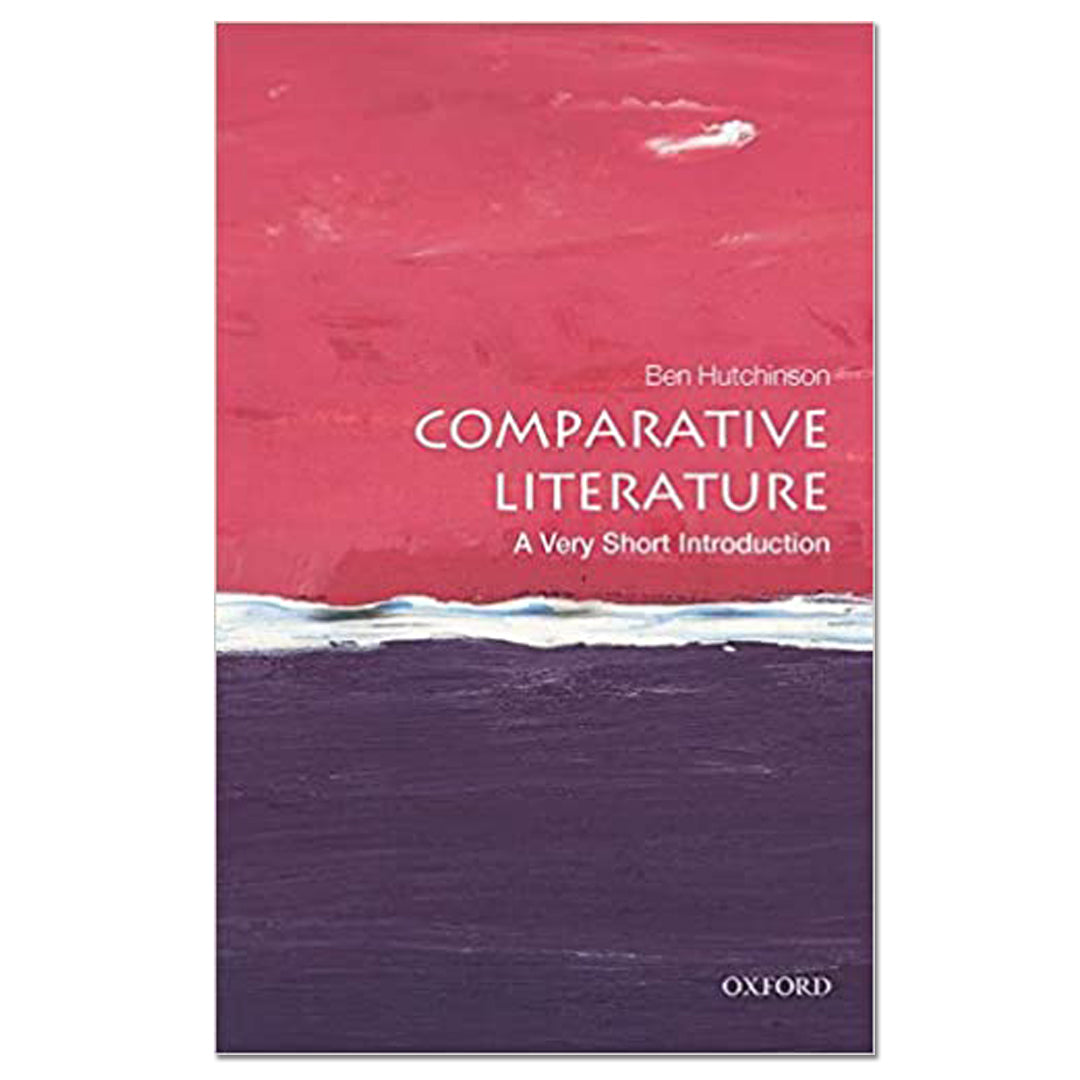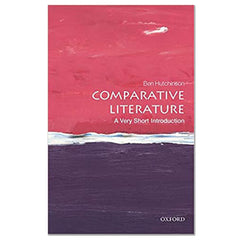Before you leave...
Take 20% off your first order
20% off
Enter the code below at checkout to get 10% off your first order
📚Shop from Kuwait's fastest growing bookstore!🇰🇼
Middle East's biggest English Bookstore!


Couldn't load pickup availability
We are proud to be delivering to all countries in the world.
For more questions related to shipping, please get in contact with us.
Comparative Literature is both the past and the future of literary studies. Its history is intimately linked to the political upheavals of modernity: from colonial empire-building in the nineteenth century, via the Jewish diaspora of the twentieth century, to the postcolonial culture wars of the twenty-first century, attempts at 'comparison' have defined the international agenda of literature. But what is comparative literature?
Ambitious readers looking to stretch themselves are usually intrigued by the concept, but uncertain of its implications. And rightly so, in many ways: even the professionals cannot agree on a single term, calling it comparative in English, compared in French, and comparing in German. The very term itself, when approached comparatively, opens up a Pandora's box of cultural differences. Yet this, in a nutshell, is the whole point of comparative literature. To look at literature comparatively is to realize just how much can be learned by looking over the horizon of one's own culture; it is to discover not only more about other literatures, but also about one's own; and it is to participate in the great utopian dream of understanding the way nations and languages interact. In an age that is paradoxically defined by migration and border crossing on the one hand, and by a retreat into monolingualism and monoculturalism on the other, the cross-cultural agenda of comparative literature has become increasingly central to the future of the Humanities. We are all, in fact, comparatists, constantly making connections across languages, cultures, and genres as we read. The question is whether we realise it. This Very Short Introduction tells the story of Comparative Literature as an agent of international relations, from the point of view both of scholarship and of cultural history more generally. Outlining the complex history and competing theories of comparative literature, Ben Hutchinson offers an accessible means of entry into a notoriously slippery subject, and shows how comparative literature can be like a Rorschach test, where people see in it what they want to see. Ultimately, Hutchinson places comparative literature at the very heart of literary criticism, for as George Steiner once noted, 'to read is to compare'.
ABOUT THE SERIES: The Very Short Introductions series from Oxford University Press contains hundreds of titles in almost every subject area. These pocket-sized books are the perfect way to get ahead in a new subject quickly. Our expert authors combine facts, analysis, perspective, new ideas, and enthusiasm to make interesting and challenging topics highly readable.
We ship to virtually any address in the world.
When you place an order, our team will start processing your order and you should expect to receive your order within 2-15 working days, depending on where you live.
Please also note that the shipping rates for many items we sell are country-based. Depending on your location, the delivery fees might differ.
All items are subject to Return and Exchange except for: Books, Electronics, Video Games, and Prepaid Cards; unless they do not meet standard specifications. For categories that are not listed, within 14 days of the date of order, you can return anything you bought from us, no questions asked. Please contact us to inform us of your intentions and we will send you the shipping address for our warehouse.
For full details of our return policy, please click here.
Thanks for subscribing!
This email has been registered!
Take 20% off your first order
Enter the code below at checkout to get 10% off your first order